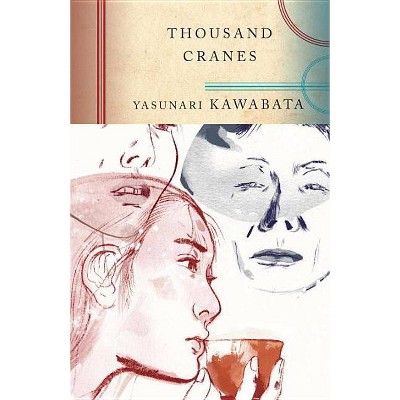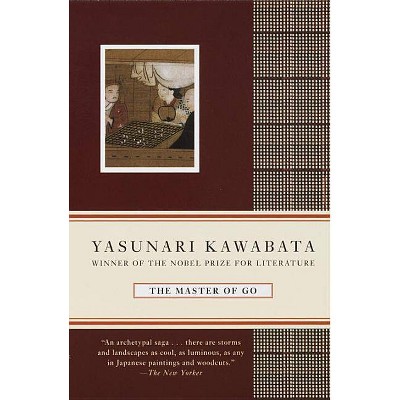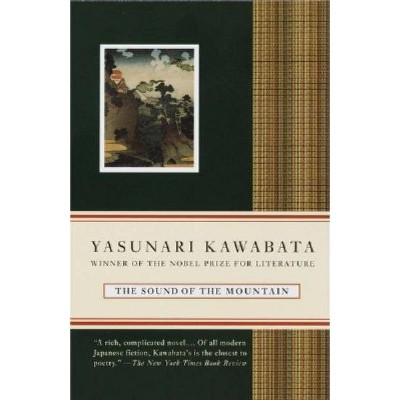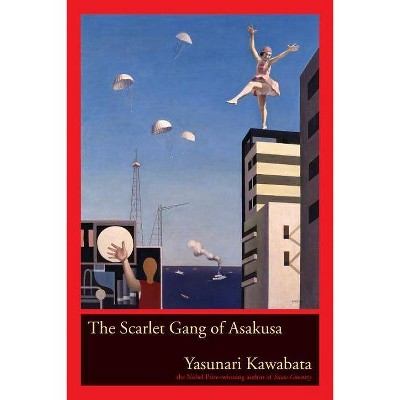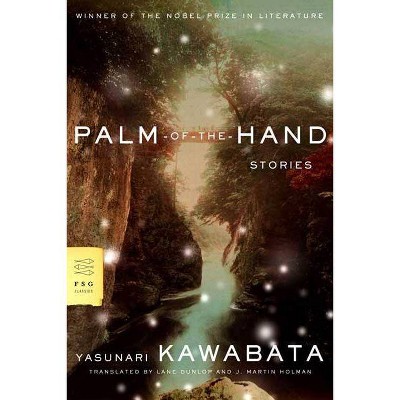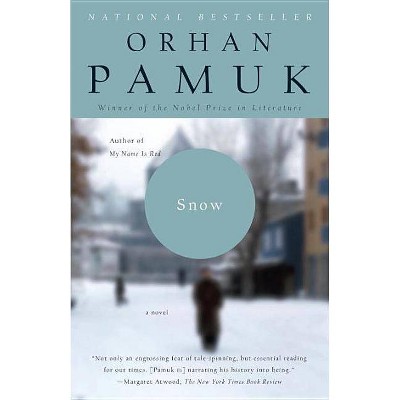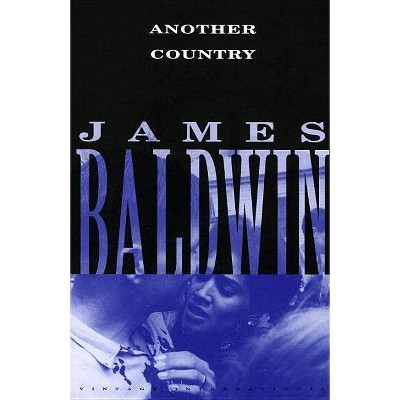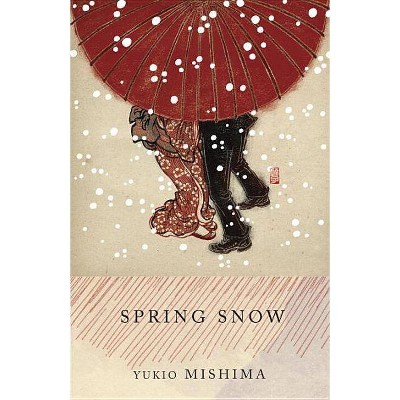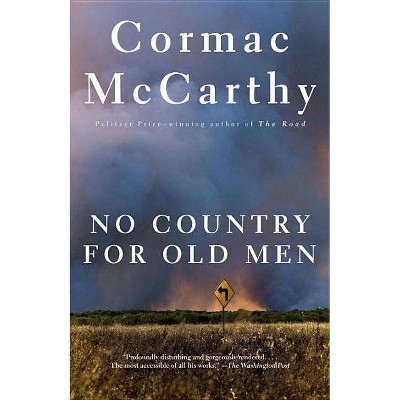Snow Country - (Vintage International) by Yasunari Kawabata (Paperback)
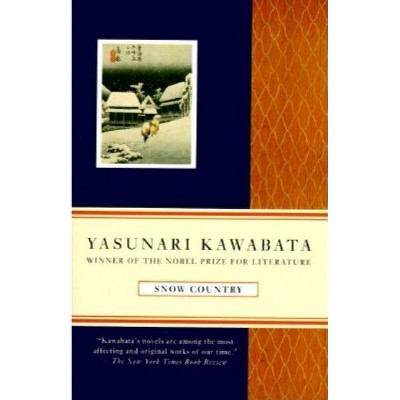
Similar Products
Products of same category from the store
AllProduct info
<p/><br></br><p><b> About the Book </b></p></br></br>To this haunting novel of wasted love, Kawabata brings the brushstroke suggestiveness and astonishing grasp of motive that earned him the Nobel Prize for Literature. As he chronicles the affair between a wealthy dilettante and the mountain geisha who gives herself to him without illusions or regrets, one of Japan's greatest writers creates a work that is dense in implication and exalting in its sadness.<p/><br></br><p><b> Book Synopsis </b></p></br></br>Nobel Prize winner Yasunari Kawabata's <i>Snow Country</i> is widely considered to be the writer's masterpiece: a powerful tale of wasted love set amid the desolate beauty of western Japan. <p/> At an isolated mountain hot spring, with snow blanketing every surface, Shimamura, a wealthy dilettante meets Komako, a lowly geisha. She gives herself to him fully and without remorse, despite knowing that their passion cannot last and that the affair can have only one outcome. In chronicling the course of this doomed romance, Kawabata has created a story for the ages -- a stunning novel dense in implication and exalting in its sadness.<p/><br></br><p><b> From the Back Cover </b></p></br></br>With the brushstroke suggestiveness and astonishing grasp of motive that won him the Nobel Prize for Literature, Yasunari Kawabata tells a story of wasted love set amid the desolate beauty of western Japan, the snowiest region on earth. It is there, at an isolated mountain hotspring, that the wealthy sophisticate Shimamura meets the geisha Komako, who gives herself to him without regrets, knowing that their passion cannot last. Shimamura is a dilettante of the feelings; Komako has staked her life on them. Their affair can have only one outcome. Yet, in chronicling its doomed course, one of Japan's greatest modern writers creates a novel dense in implication and exalting in its sadness.<p/><br></br><p><b> Review Quotes </b></p></br></br><br>"Beautifully economical. . . . The <i>haiku</i> works entirely by implication; so, in this novel, using the same delicate, glancing technique, Mr. Kawabata probes a complicated human relationship." <br>--<i>The Time Literary Supplement </i>(London) <p/> "Kawabata's novels are among the most affecting and original works of our time." <br>--<i>The New York Times Book Review</i><br><p/><br></br><p><b> About the Author </b></p></br></br><b>Yasunari Kawabata</b> was born in Osaka in 1899. In 1968 he became the first Japanese writer to receive the Nobel Prize for Literature. One of Japan's most distinguished novelists, he published his first stories while he was still in high school, graduating from Tokyo Imperial University in 1924. His short story "The Izu Dancer," first published in 1925, appeared in <i>The Atlantic Monthly</i> in 1955. Kawabata authored numerous novels, including <i>Snow Country</i> (1956), which cemented his reputation as one of the preeminent voices of his time, as well as <i>Thousand Cranes</i> (1959), <i>The Sound of the Mountain</i> (1970), <i>The Master of Go</i> (1972), and <i>Beauty and Sadness</i> (1975). He served as the chairman of the P.E.N. Club of Japan for several years and in 1959 he was awarded the Goethe-medal in Frankfurt. Kawabata died in 1972.
Price History
Cheapest price in the interval: 12.69 on November 8, 2021
Most expensive price in the interval: 12.69 on December 20, 2021
Price Archive shows prices from various stores, lets you see history and find the cheapest. There is no actual sale on the website. For all support, inquiry and suggestion messages communication@pricearchive.us
